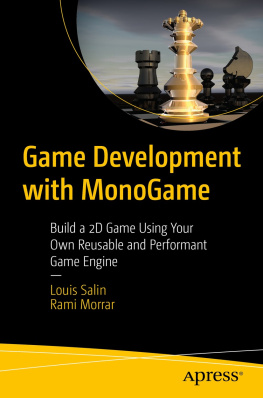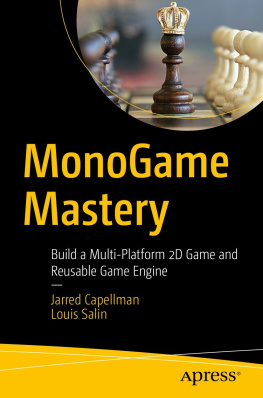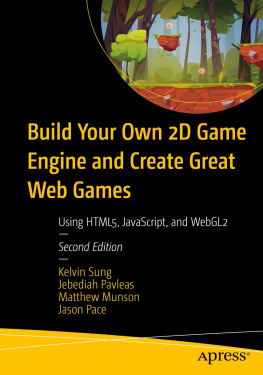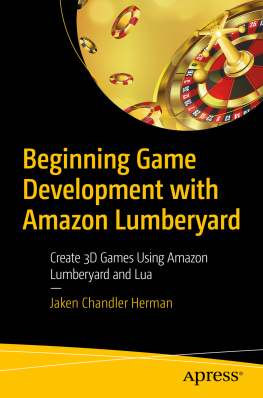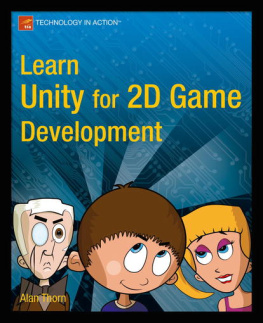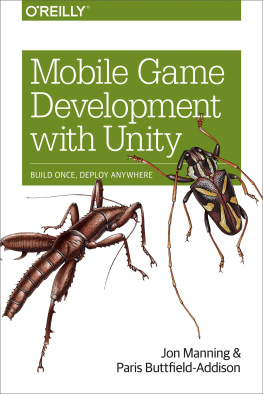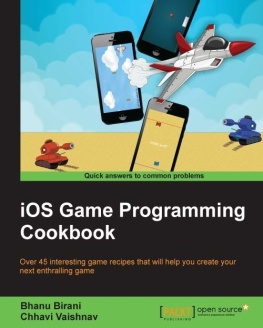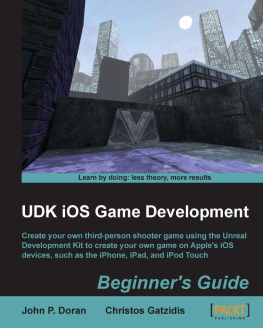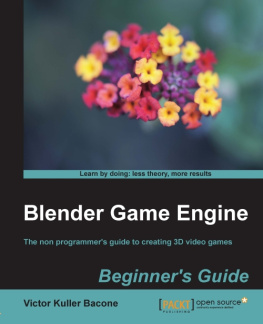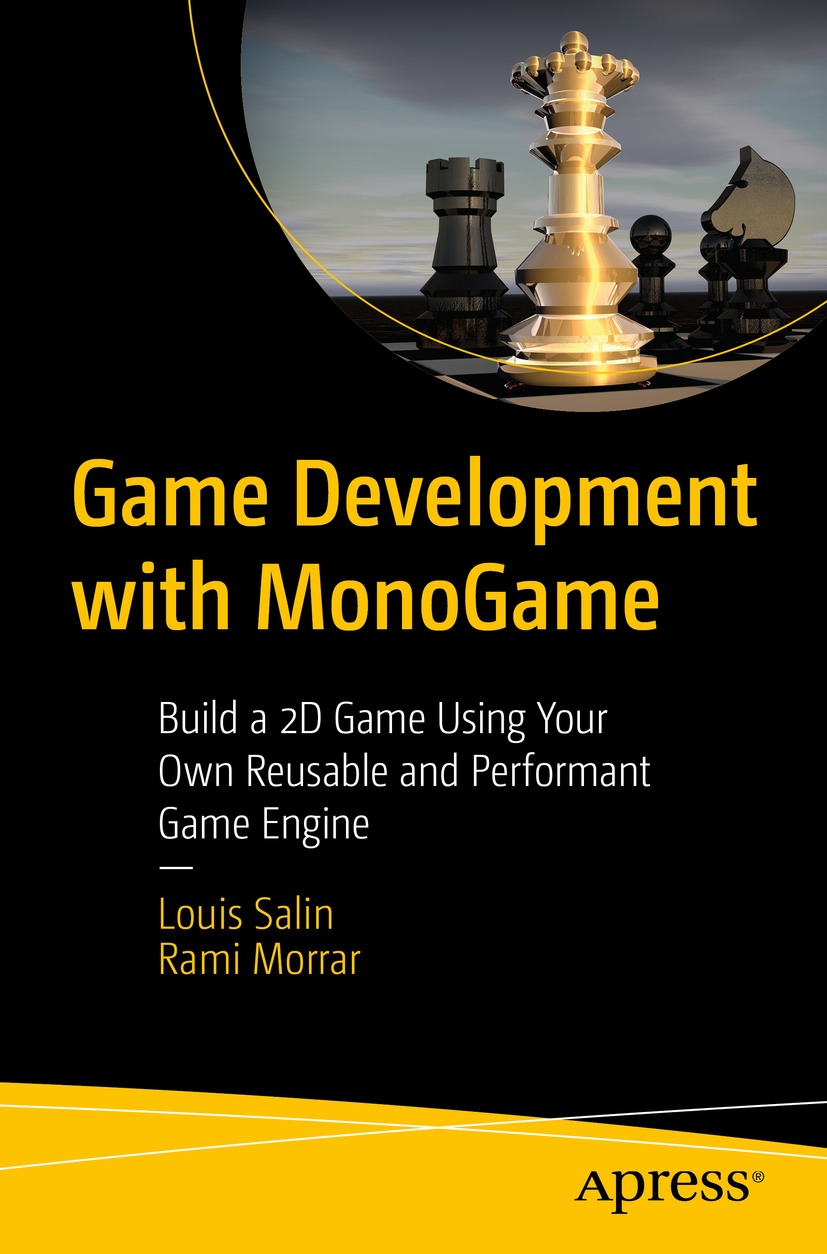Louis Salin - Game Development with MonoGame: Build a 2D Game Using Your Own Reusable and Performant Game Engine
Here you can read online Louis Salin - Game Development with MonoGame: Build a 2D Game Using Your Own Reusable and Performant Game Engine full text of the book (entire story) in english for free. Download pdf and epub, get meaning, cover and reviews about this ebook. year: 2021, publisher: Apress, genre: Computer. Description of the work, (preface) as well as reviews are available. Best literature library LitArk.com created for fans of good reading and offers a wide selection of genres:
Romance novel
Science fiction
Adventure
Detective
Science
History
Home and family
Prose
Art
Politics
Computer
Non-fiction
Religion
Business
Children
Humor
Choose a favorite category and find really read worthwhile books. Enjoy immersion in the world of imagination, feel the emotions of the characters or learn something new for yourself, make an fascinating discovery.
- Book:Game Development with MonoGame: Build a 2D Game Using Your Own Reusable and Performant Game Engine
- Author:
- Publisher:Apress
- Genre:
- Year:2021
- Rating:5 / 5
- Favourites:Add to favourites
- Your mark:
Game Development with MonoGame: Build a 2D Game Using Your Own Reusable and Performant Game Engine: summary, description and annotation
We offer to read an annotation, description, summary or preface (depends on what the author of the book "Game Development with MonoGame: Build a 2D Game Using Your Own Reusable and Performant Game Engine" wrote himself). If you haven't found the necessary information about the book — write in the comments, we will try to find it.
Create a polished game that includes many levels and fights using MonoGame. This book will show you how to add AI agents and 2D physics into your game, while improving the performance of the game engine. By the end of Game Development with MonoGame, you will have created a game worthy of being published.
Over the course of this book, you will be exposed to advanced game development concepts such as scripting and AI as you improve the performance of the game engine with better memory management. You will learn how to create a level editor that you will use to build game levels. You will also pick up tips and tricks for adding polish to your game project by adding a camera system, layers, menus, and improving the games graphics using pixel shaders and better particle effects.
Upon completing this book, you will have a clear understanding of the steps required to build a game from start to finish and what it takes to create a 2D game that could ultimately be published.
What You Will Learn
- Write a performant 2D game engine
- Script the behavior of game objects
- Build and use a level editor for your game
- Add a UI to your game
Who Is This Book For
Intermediate to advanced C# developers with knowledge of MonoGame. Basic knowledge of how to install and use the 2D capabilities of MonoGame is required, along with knowledge on how to use the content pipeline tool.
Louis Salin: author's other books
Who wrote Game Development with MonoGame: Build a 2D Game Using Your Own Reusable and Performant Game Engine? Find out the surname, the name of the author of the book and a list of all author's works by series.

